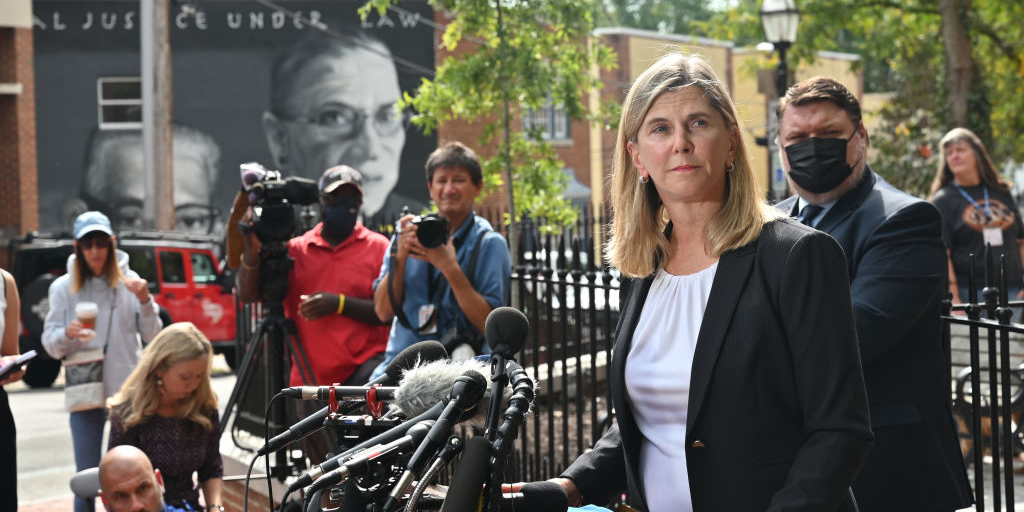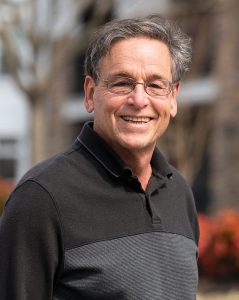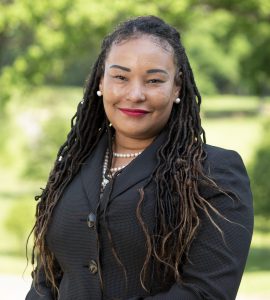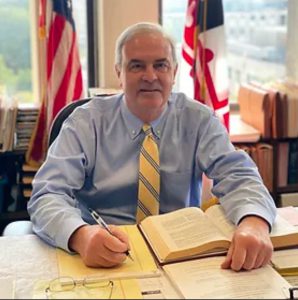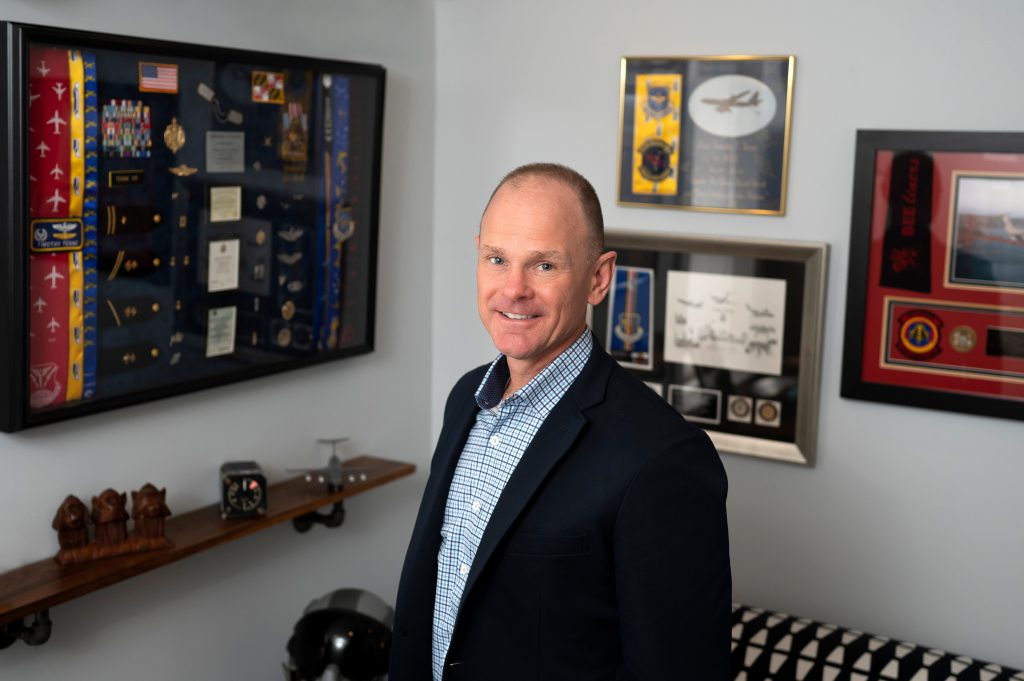By Mortimer “Tim” Sellers
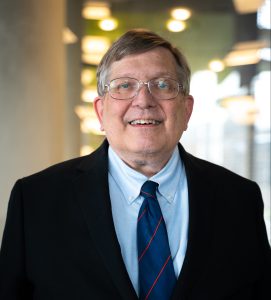
In spring 2022, Prof. James Maxeiner was elected by his colleagues to the rank of Professor Emeritus at the University of Baltimore School of Law, in recognition of his global prominence as a scholar of comparative law, commercial law and the reform of legal institutions in the common law world.
Maxeiner has taught at the University of Baltimore since 2004, lecturing on Contracts, Comparative Law, European Union Law, International Business Transactions and Sales Law. He dedicated particular attention to the happiness and well-being of his students, devoting countless hours to advising and guiding their careers. This thoughtful dedication to students, and willingness to share so much of his time and the fruits of his professional and academic experience, has been an inspiration to colleagues and to the many beneficiaries of his kindness, who learned from his example not just the directly practical aspects of the law, but also the idealism and commitment to others that make the law worthwhile.
Supporting the personal and sometimes underappreciated commitment to students at the heart of legal education, Maxeiner possessed the learning, judgment and insistence on high standards that makes legal education useful not just to students, but to practitioners and to the world. Achievements in this area are more obvious, and in Maxeiner’s case, inspiring.
While at the law school, Maxeiner published well-received volumes with Cambridge University Press on American Methods of Lawmaking (2018) and on American Civil Justice (2011). He also published a detailed analysis of American Legal Education (2007) and 65 articles on legal subjects, with a wide readership and a vast influence.
As co-editor of the book series Ius Gentium: Comparative Perspectives on Law and Justice, Maxeiner has made a deep and lasting contribution to law and the legal profession. This Springer Verlag book series, which publishes its 100th volume in 2022, has become a primary locus for global scholarship on comparative law.
Maxeiner’s status as a leading practitioner and critic of the American legal profession has been recognized by election to the American Law Institute, and his global prominence as a scholar by election to the International Academy of Comparative Law in Paris. He has also been an Alexander von Humboldt Foundation Fellow and a Fellow of the Max Planck Institute for Comparative and International Private Law in Hamburg.
Maxeiner has been distinguished and exemplary in his learning, his scholarship, his teaching, his mentoring, and his years of service to the University of Baltimore, the School of Law, the Center for International and Comparative Law, the American Society of Comparative Law, and the legal profession in general.
He will be much missed by his colleagues and students.
Mortimer “Tim” Sellers is a professor of law at the University of Baltimore School of Law.

